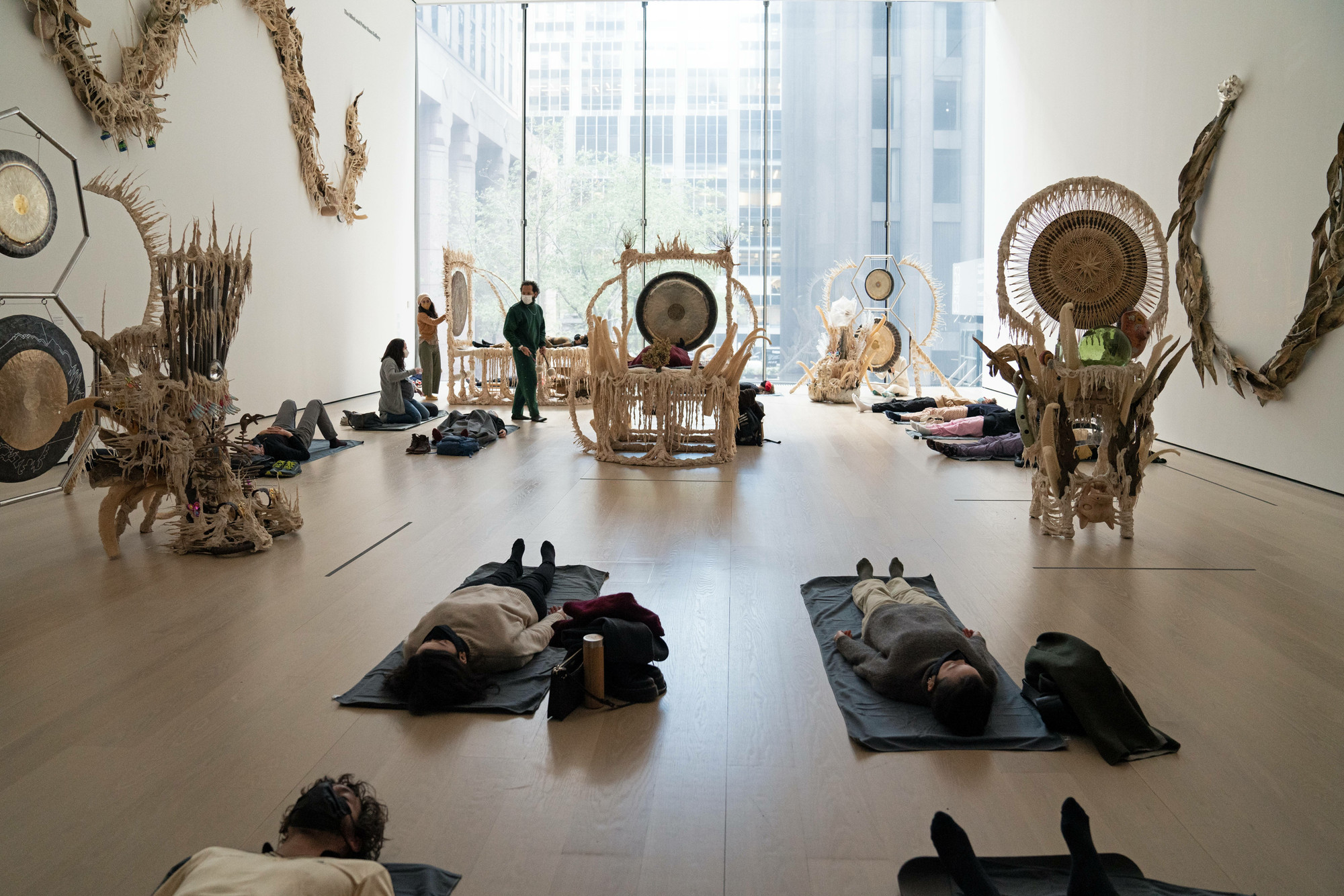For my astro folks, ya'll know my 3rd house Taurus moon loves books. It's a problem, but a problem I'm willing to indulge in. As my writing of late has been somewhat intermittent (end of semester + Berlin study abroad + upcoming collaborative project in June !!!), I've put together a list of some books and articles that I've recently read or am currently reading. See?! You, too, can benefit from my bibliophilia. Hope you enjoy!
1. The Rise: Creativity, the Gift of Failure and the Search for Mastery by Sarah Lewis (2014)
This book is a must-read for all creative types. My favorite chapter? The Grit of the Arts, which begins with a Rebecca Solnit quote, "The stars we are given. The constellations we make". I'll hold off on saying much more, because you should really just read it!
2. Wicked Arts Assignments: Practising Creativity in Contemporary Arts Education, Emiel Heijnen & Melissa Bremmer (eds.) (2020)
I am sucker for books about art assignments, especially those that consider the craft of creating an assignment an art form in and of itself. This one has a great intro revisiting the impact of Fluxus on art making and it's influence on contemporary art education.
3. The Creative Act: A Way of Being by Rick Rubin
I knew nothing about Rick Rubin until I heard him interviewed on
Krista Tippett's On Being podcast about a month ago. Immediately smitten, I've since listened to him speak on many other podcasts, including his own,
Broken Record. If I could bottle his zen-like confidence, I'd be a millionaire. So much big Jupiterian energy.
Here's a quote from pg. 135, the page I am currently on:
Discipline and freedom seem like opposites. In reality, they are partners. Discipline is not a lack of freedom, it is a harmonious relationship with time.
4. Your Brain on Art: How the Arts Transform Us, by Susan Magsamen and Ivy Ross (2023)
The newest book on the list and one that Katherine, Nikki and I are currently reading together for our
S L O W book club (one chapter/week). Some great statistics on how the arts promote our well-being and benefit the health and plasticity of our brains, literally creating new neural pathways. A pretty solid argument for the importance of art in education as well as art as a daily habit.
A question: How might we differentiate between art as therapy for health and healing and art with a capital A. OR....is there no distinction?
Thinking of the fantastic contemporary artist Guadalupe Maravilla and an essay in his newish monograph Portals (ICA Miami, 2021). The essay, written by Kency Cornejo, is called Sonic Healing in the Age of Border Imperialism: The Art of Guadalupe Maravilla.
Cornejo writes:
Sound, a way of knowing and being in the world, emanates from and penetrates our bodies with invisible vibrations. Sound literally touches us; it orients our bodies in place and time. As with our other senses, sound shapes and triggers our memories, and, in doing so, can wound us. But can it also heal us?

Maravilla's Healing Sound Bath at MoMA
5. The Ecstasy of Influence: A Plagiarism by Jonathan Lethem
This essay was originally published in Harper's in 2007, but I only recently stumbled across it this spring. Every single sentence in this article is plagiarized or recycled from another work. It's just brilliant and such a fantastic ode to appropriation.
You can find the essay in Lethem's collection of non-fiction essays, The Ecstasy of Influence: Nonfictions, Etc. (2012). Or, read it online in the above link.
6. Finally, Fred Moton's Radical Critique of the Present by David S. Wallace (The New Yorker, 2018) and Moton's hybrid poem/essay come on, get it! (The New Inquiry, 2018)
The quotes below are pulled from The New Yorker article. Moton has me thinking a lot about the problems within academia and some possible alternatives, as well as how we can see past the minutia and engage with the larger world.
“I like to read, and I like to be involved in reading,” he said. “And
for me, writing is part of what it is to be involved in reading.”
“Improvisation is how we make no way out of a way,” he read. “Improvisation is how we make nothing out of something.”









